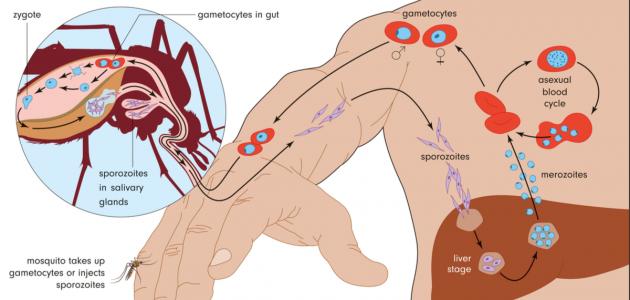Contents
Mediterranean fever
Mediterranean fever, or as it is also known as serous membranitis, is one of the most common types of fever around the world, and it was called this name because it affects people living in countries surrounding the Mediterranean Sea, genetically, as it is noticed that it usually affects Arabs and French , The Italians, and the Turks.
The effect of Mediterranean fever on marriage
Infection with this disease causes anxiety among those who are about to get married, for fear of not being able to conceive, or having children with this disease, and for this reason we will introduce you in this article to this disease more, with an explanation of its relationship to marriage.
Mediterranean fever is a disease linked to genes, and it is inherited recessively, and this means that in order for a person to be infected with it, he must carry the infection genes from both the mother and the father, and not from one of them, in the second case the person will be a carrier of the disease and not infected with it, and thus before Marriage must carry out the necessary tests to ensure that he does not carry these pathological genes.
As we mentioned earlier in the symptoms, a man may develop inflammation and problems in the testicles, which may affect the quality and number of sperms, and this may lead to infertility and the inability to conceive, but in the case of pregnancy, this fever may cause a state of danger to The health of the mother and the fetus as well, so you must consult a doctor, and monitor pregnancy first.
It is noteworthy that in the event that a child is born suffering from Mediterranean fever, he may live a healthy and normal life if he is committed to giving him appropriate doses of treatments.
Symptoms of Mediterranean fever
Symptoms of this disease usually appear in patients in the first weeks of their lives after birth, but there are more than 50% of them show symptoms when they reach ten, and about 80% of them when they reach twenty, in addition to the presence of 5% show symptoms in them at the age of thirty, The general symptoms can be summarized in the following points:
- Frequent rise in body temperature.
- Suffering from severe pain in the abdominal area.
- Pain in one side of the chest.
- Feeling of pain in the joints, especially in the knee and ankle region.
- Severe headache.
- The hair is in a state of anxiety and tension, with the inability to breathe.
- Difficulty eating, especially on the first day of a seizure.
- Problems with straightening the back, or even bending it.
- Change in the color of your urine, which is dark.
- A change in the taste of the mouth.
- Inflammation of the testicles and scrotum, in males.
- Note: It is worth noting that it is not necessary to suffer from all symptoms during a fever attack, as it may sometimes be limited to one or two symptoms only.
Mediterranean fever treatment
No effective treatment has yet been found for this disease, but there are a group of medicines that are prescribed to the sufferers, which will alleviate the symptoms and the associated pain, and non-steroidal antibiotics are usually used, in addition to medicines that prevent the occurrence of amyloidosis, Which is based on a prescription from the attending physician.
















